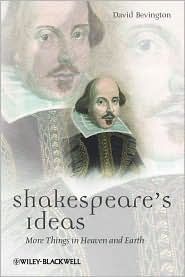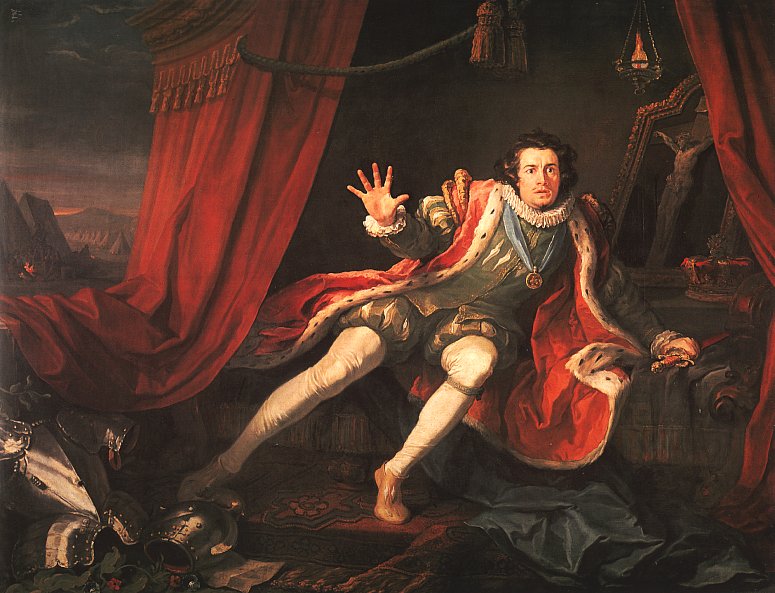1) Do you feel that Shakespeare has had a significant impact on how creative writing is generally approached in classrooms today? If so, how?
2) Do you use Shakespeare (directly or indirectly) in your own teaching of creative writing?
3) Which of Shakespeare’s qualities do you feel are worth imitating or aspiring to?
4) For each in the following list, please rate on a scale of 1-10 how valuable that trait is for us to learn in our creative writing endeavors, and then briefly explain why you rated it what you did.
1) Having a large vocabulary
2) Playing with words, or inventing new words or phrases
3) Having “the common touch”, or writing in a way that is accessible to normal people
4) Having knowledge of other great contemporary literature, orators, actors and “the popular”
5) Living with passion in every aspect of one’s life
6) Writing (trying consistently to express oneself in written word)
5) Do you think that the majority of creative writing classes could be benefited by incorporating Shakespeare into how they are taught? If so, do you feel the greatest benefit would come by incorporating Shakespeare directly (by actual mention and/or study of him and his works in the actual class) or indirectly (by shaping your teaching around your own personal knowledge of him and his works)?
6) Do you have any other thoughts, ideas, or insights for me about the role of Shakespeare in shaping today’s creative writers?
Hopefully I'll be getting responses back on these soon!








